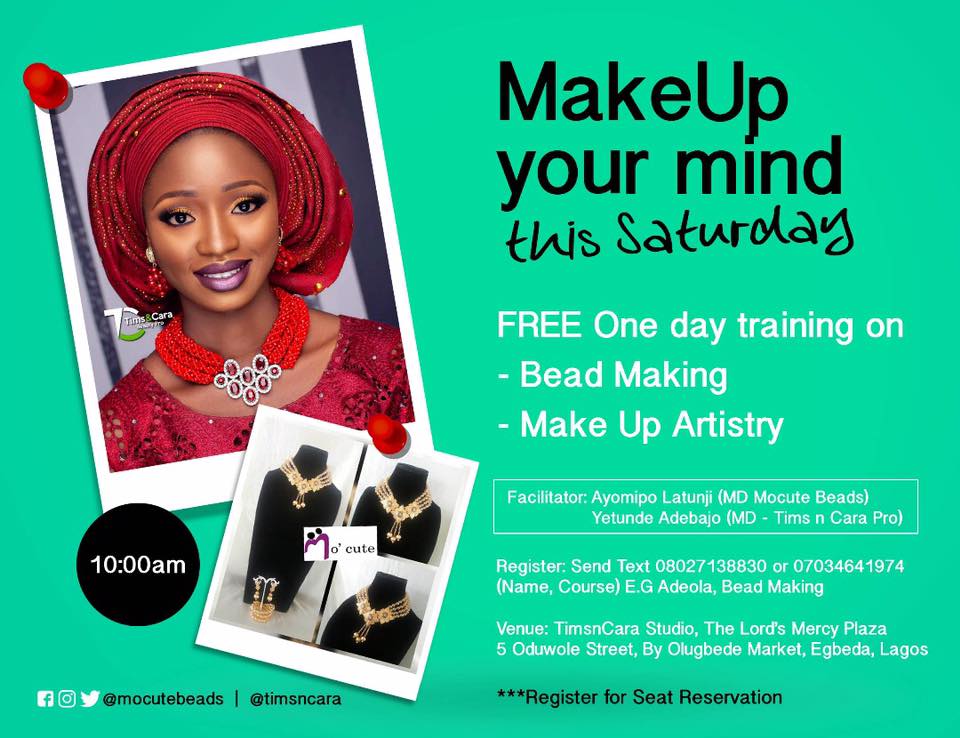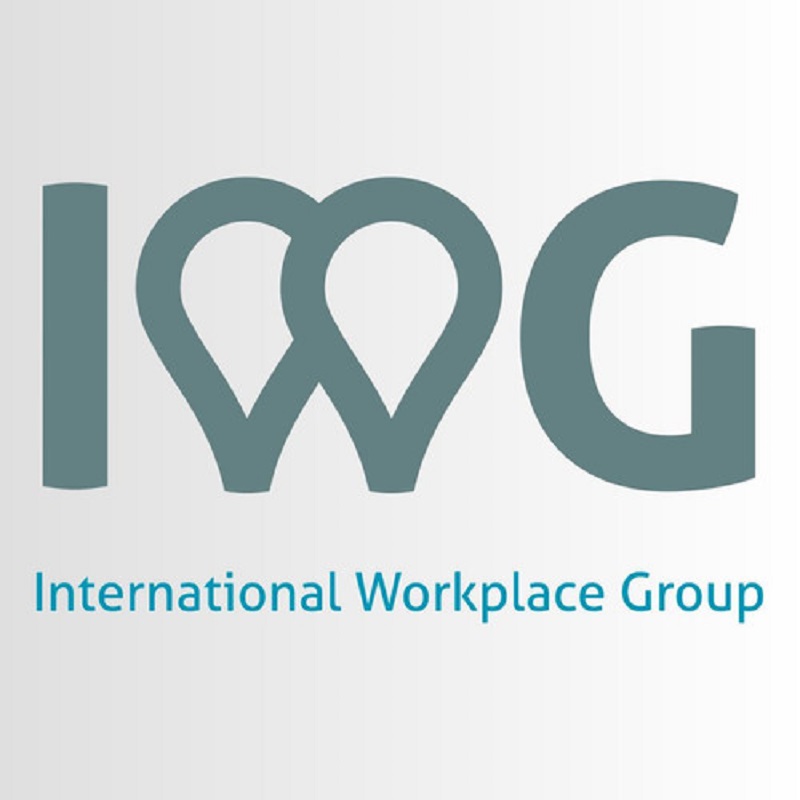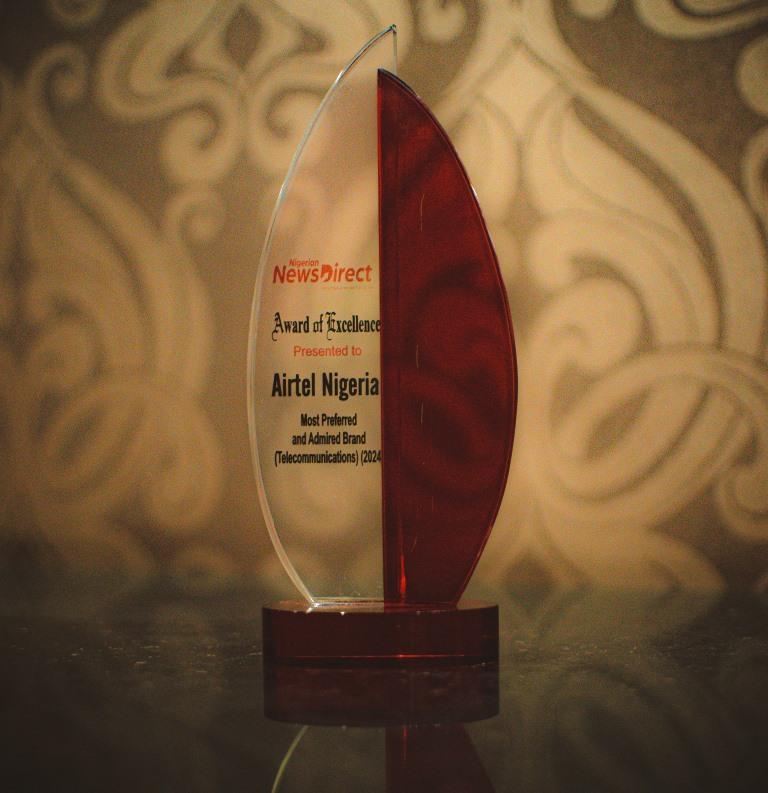Brands/Products
Things to Consider When Setting Up A Make-Up Business

By Adedapo Adesanya
The beauty industry is one of the most promising and profitable enterprises for any one to invest their money in, especially in a country like Nigeria where there is a litany of events from weddings to birthdays to funerals and others.
It is also a business that has many uses and not majorly for entertainment or ceremonial functions. Other opportunities include makeup for films and TV, for music videos, stage plays, television shows and advertisements and making models up to create specific impressions on the runaway.
But before starting this profitable venture, there are some things you must consider or else, you might not be able to achieve any meaningful thing from the business. These key items are highlighted below:
Skill
This is the most important thing for a make up artiste to have. It is considered an art, and in the instance that the person who wants to start the make up business has no skill, but possesses passion, the first step will be skill acquisition for the aspiring make up artist.
Acquiring a wide range of skill can be done through many outlets. It may involve training as an apprentice under a professional or even acquiring the skill by volunteering as an intern in a reputable make up studio.
Nowadays, the Nigerian government has created several skill acquisition and empowerment programmes to it makes it possible for anyone to learn at a lesser cost or none at all.
According to the specialists contacted by Business Post, they recommend that the best way to learn the art of make up would be to serve as an apprentice under a professional. This, they echoed, will make them see first hand how it is done and also, in the instance of offsite jobs, they get to learn other areas of make up such as bridal makeover and model makeover.
Capital
With the skill acquired, entry into the make-up business requires money and considering the major tools used by make up artists, a standard capital for establishing a make up business is N100,000, which will be mostly spent on acquiring quality makeup kits. With the necessary capital acquired, the make up artiste may not really need a studio yet because at the beginning, he or she can always always work from home and as time goes on with the business expanding, a studio can be acquired later on.
But in the instance of availability of funds to rent a studio, he or she might rent a small space. With shop prices going for a low as N5,000 per month, a fair rent price for a year including agent agreement and other fees settled may culminate at N150,000, and adding the makeup equipment, this may extend to a standard capital of N250,000.
Studio
Setting up a lucrative make up business may involve the practitioner to own a studio or not, but having a studio is a plus because this allows the customers a physical location to visit and it adds a kind professionalism to the business. The studio is where the make up artist receives their clientele, train their apprentices, and handle other businesses.
Location
In the instance that the make up artiste has a studio, it is advisable that it should be located where it can be seen and reached with ease.
Make-up Tools and Uses
Makeup equipment for starting up a makeup business are the tools that the artist makes use of, they exist in various price ranges but for the entrepreneur willing to set up from scratch, the equipment and their prices have been adjusted to prices set following the Trade Fair market price, where a large cosmetic market is located and purchases can be made by the make up artist.
Brush Set: Used to lay foundations and apply concealers – N5,000.
Foundations: In several shades, used on the face to the tone of the clients body before proceeding to apply powder (at least five shades) at N1,500 per shade × 5 – N7,500.
Powder palettes: Matches the skin to correcting any skin issues the client may be concerned about – N6,000.
Eye shadow palettes: Different colours applied on the eyelids and under the eyes. It is commonly used to make the client’s eyes stand out or look more attractive – N3,000.
Face primer: This is a base for foundation or face makeup that allows it to go on smoother and also last longer. – N2,000.
Eyeshadow primer: It helps eye-shadow stay put and creates long- lasting vibrant color. – N1,500.
Many shades of lipsticks: Particularly red, nude, pink and purple: applied on the lips – N2,000 for a pack.
Bronzers: Used to darken areas of the skin without masking it, or to add warmth. Used to make the client’s skin look radiant and healthy – N1,500.
Blush: For coloring the cheeks in varying shades – N1,000.
Concealer palette for different shade types: Used to mask dark circles, age spots, and other small blemishes visible on the skin. It is similar to foundation, but thicker and used to hide different pigments by blending the imperfection into the surrounding skin tone – N1,000.
Set of Lashes: Artificial lashes used to beautify the face – N1,000 (for a set of eight lashes).
Lash glue: For holding the eye lashes in place. – N500 (per tube).
Contour palette: To shape the face – N1,000.
Face wipes: For wiping off dirt and make up – N500.
Eye, Brow and Lip Pencils: For shaping the brows and lips to desired structure – N1,000.
Mascara: Used to enhance the eyelashes. It may darken, thicken, lengthen, and/or define the eyelashes – N500.
Setting powder: Helps to keep your makeup in place all day long. – N2,000.
Setting spray: To keep makeup in place for hours at a time. – N1,000.
Glitters /Pigments: Used in special cases to make faces look shiny – N2,000.
Makeup Bag: This is where all make up equipment are kept, it must be spacious and long lasting – N15,000.
Cape: used to cover the client’s body when the make up artist is working – N1,000 (full-length)
Ring Light (optional): used to lighten the face of the client for photographic effect purposes – N7,000.
Foldable Makeup Chair – N36,000
Total = N99,000.
Marketing/Advertising
With the capital utilised to set up the studio and the make-up equipment acquired. It is important to get customers and the beauty industry is a very competitive space. Hence, the make up artist needs to think a step ahead.
The Internet is a very affordable advertising space. With social network platforms like Instagram, Twitter, and Facebook, the brand can reach others. Marketing can also be done by offering free makeup to people of influence who can then spread the word. Also, the make-up artist can start by posting pictures of her jobs on social media platforms and tags friends to help spread the images.
Registering the Company
It is important for a makeup artist to register the business to give it a corporate look. This can be done for less than N20,000 with the Corporate Affairs Commission (CAC). Doing this will help the practitioner open a corporate account for corporate jobs.
Carving A Niche in the Make up Business
For every make up artiste in the business, it is important to create something different from what others do. To render the service in a way that gives him or her a comparative advantage against competitors. This helps retain customers and expand the business.
If you require further information, feel free to use the comment section below this article. We will get experts in the industry to give adequate answers to your questions.
Brands/Products
Egbin, Ijede, Ipakan Residents Troop Out for Egbin Power Annual Medical Outreach

By Modupe Gbadeyanka
Residents of Egbin, Ijede, and Ipakan in Lagos State recently trooped out for the 7th Annual Medical Outreach of Egbin Power.
The three-day medical outreach was organised in partnership with a Non-Governmental Organisation (NGO) known as Livewell Initiative in line with the power-generating company’s commitment to ensuring healthy lives and well-being of its host communities.
This programme also aligns with the United Nations (UN) Sustainable Development Goal 3 (SDG 3) – Good Health and Well-being.
The outreach attracted over three thousand people, including children, adults and nursing mothers, who enjoyed cardiovascular, arthritis, dental, eye-check, diabetes tests, malaria treatment, hepatitis screening, and blood pressure examination.
It was gathered that eyeglasses, dental kits, and medications were administered at no cost to the residents after careful examination by qualified medical practitioners.
“At Egbin Power, we recognise that the health and well-being of our host communities is crucial to our success. This medical outreach programme is one of the ways we demonstrate our commitment to giving back to our host communities.
“It is also in alignment with our commitment to SDG 3 and we believe that access to quality healthcare is a fundamental right, and we will continue to work towards making it a reality for all,” the Head of Corporate Communications and Branding at Egbin Power, Mr Felix Ofulue, stated.
“We are proud to partner with Egbin Power on this medical outreach programme. Together, we are making a positive difference in the lives of the people in these communities,” the Managing Director of Livewell Initiative, Dr Bisi Bright, said.
Also speaking at the event, the Aro of Egbin Kingdom, Mr Olayemi Olukunga, said, “We are grateful to Egbin Power for their kindness and generosity. This medical outreach programme has become an annual tradition that we look forward to, and we appreciate the positive impact it has on our community.”
One of the beneficiaries, Mrs Wasilat Ogundipe, thanked Egbin Power for the gesture, saying, “It affords us timely access to free medical examinations, enabling our children, parents and vulnerable community members to address their health concerns.”
Brands/Products
IWG Plans Flexible Working Spaces in Lagos Amid Growing Demand

By Adedapo Adesanya
International Workplace Group (IWG), the world’s largest provider of hybrid working solutions with notable brands like Spaces and Regus, is opening two state-of-the-art flexible workspaces in Lagos to meet the rising demand.
The addition of IWG’s latest locations, HQ Lagos Lekki Link Bridge and Regus Lagos Mansard Place, followed the business posting its highest-ever revenue, cashflow and earnings growth in its history and achieving rapid network growth, signing 465 new locations in the first half of 2024 alone.
According to the company, the adoption of hybrid working rapidly is accelerating across Nigeria and these new locations in Lagos are part of the drive by IWG to meet the sharply rising demand for top-class flexible working space in the area.
Its unique offering will enable local people to experience living in a “15-minute” city, allowing workers to work close to their homes without commuting far from where they live.
The HQ workspace is set to open in Lekki in March 2025 and will It will be located on the 2nd and 3rd floor while the Regus location at Mansard Place (situated at Plot 928, Bishop Aboyade Cole Street, Victoria Island) will be on the 3rd floor of the six storey building and will open in February 2025.
The buildings will provide space for established firms and start-ups across a range of industries, while IWG’s Design Your Own Office service allows companies to tailor their space entirely to their requirements. The new locations will include facilities including private offices, meeting rooms, co-working and creative spaces.
With explosive market growth as companies of all sizes adopt hybrid working for the long-term, it is predicted that 30 per cent of all commercial real estate will be flexible workspace by 2030 and IWG believes that partners will be able to capitalise on this fast-growing sector,
The potential for further growth is exponential with an estimated 1.2 billion white collar workers globally and a total addressable market of more than £1.57 trillion. Conventional office occupancy will continue to fall as businesses require less traditional space and turn to flexible workspace instead.
Last year alone, IWG welcomed over 800 new partner locations and counts 83 per cent of Fortune 500 companies among its customer base.
Speaking on this, Mr Mark Dixon, CEO & Founder of International Workplace Group Plc, commented: “We are establishing a stronger and much-needed footprint in Nigeria with this these latest openings.
“As an important business hub Lagos is a fantastic place for us to boost our expansion plans. The need for high-quality flexible workspaces continues to soar as hybrid working becomes the new normal.
“We are very pleased to work in partnership with Sterling Bank and APD Mansard Place to develop the brand under a management agreement that will add a cutting-edge workspaces to their the buildings.
“Our openings in Lagos comes at a time when more and more companies are discovering that flexible working boosts employee happiness and satisfaction, while helping the environment. Our workplace model is also proven to increase productivity and allows for a business to scale up or down at significantly reduced costs.”
Brands/Products
Airtel Nigeria Wins Most Preferred Telecom Brand Award

By Modupe Gbadeyanka
Another award has been added to the shelves of Airtel Nigeria for the quality service it offers its numerous subscribers.
At the 14th Nigerian NewsDirect Awards held at the Lagos Oriental Hotel on Friday, December 6, 2024, the company went home with the Most Preferred and Admired Telecommunications Brand award.
The chief executive of Airtel Nigeria, Mr Dinesh Balsingh, thanked the news platform for the recognition, reiterating the dedication of the organisation towards the growth of Nigeria.
“At Airtel, we remain steadfast in our mission to enrich lives and contribute to the sustainable growth of our nation, and we are proud to receive this award as the Most Preferred and Admired Telecommunications Brand.
“This recognition reaffirms our commitment to connecting Nigerians, driving digital inclusion, and empowering communities through innovative solutions,” he said.
The ceremony, themed Achieving Economic Prosperity: The Role of Human Capacity Development, Fiscal Prudence, and Revenue Generation, celebrated outstanding contributions made by individuals and corporate organisations to national development across sectors and industries.
The chairman of Odu’a Investment Limited, Mr Bimbo Ashiru, thanked all participating entities for their “continuous contributions and support to the nation’s growth.”
“You have demonstrated excellence and have significantly contributed to Nigeria’s progress and we believe this platform will continue to highlight and encourage best practices across industries,” he stated.
The event attracted several persons, including the chairman of the Lagos State Internal Revenue Service (LIRS), Mr Ayodele Subair; and the Registrar-General of the Corporate Affairs Commission (CAC), Mr Hussaini Ishaq Magaji; among others.
-

 Feature/OPED5 years ago
Feature/OPED5 years agoDavos was Different this year
-
Travel/Tourism8 years ago
Lagos Seals Western Lodge Hotel In Ikorodu
-

 Showbiz2 years ago
Showbiz2 years agoEstranged Lover Releases Videos of Empress Njamah Bathing
-

 Banking6 years ago
Banking6 years agoSort Codes of GTBank Branches in Nigeria
-

 Economy2 years ago
Economy2 years agoSubsidy Removal: CNG at N130 Per Litre Cheaper Than Petrol—IPMAN
-

 Banking2 years ago
Banking2 years agoFirst Bank Announces Planned Downtime
-

 Sports2 years ago
Sports2 years agoHighest Paid Nigerian Footballer – How Much Do Nigerian Footballers Earn
-

 Technology4 years ago
Technology4 years agoHow To Link Your MTN, Airtel, Glo, 9mobile Lines to NIN











2 Comments